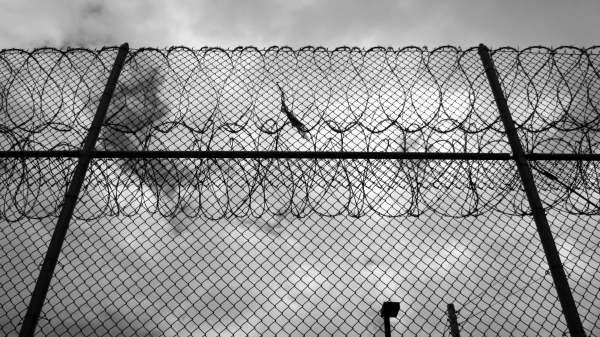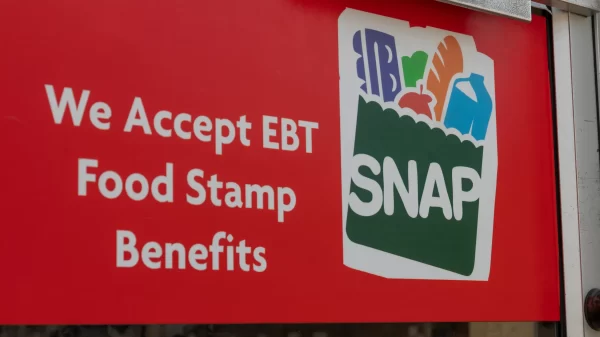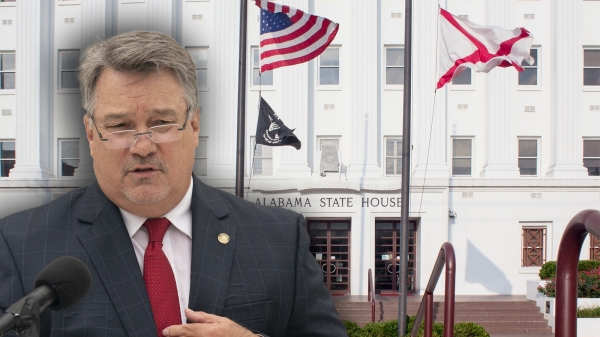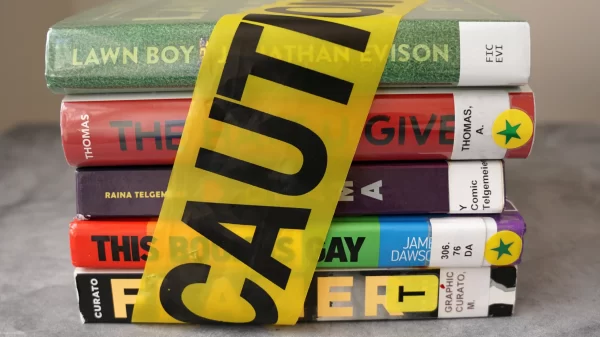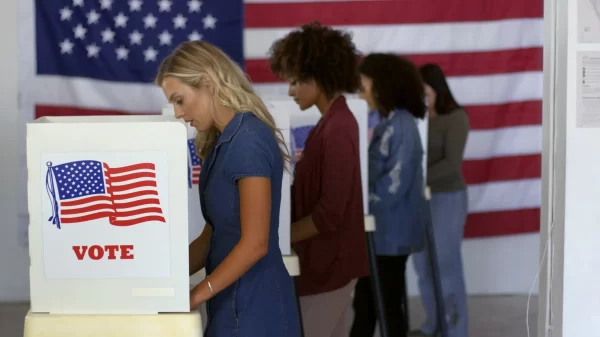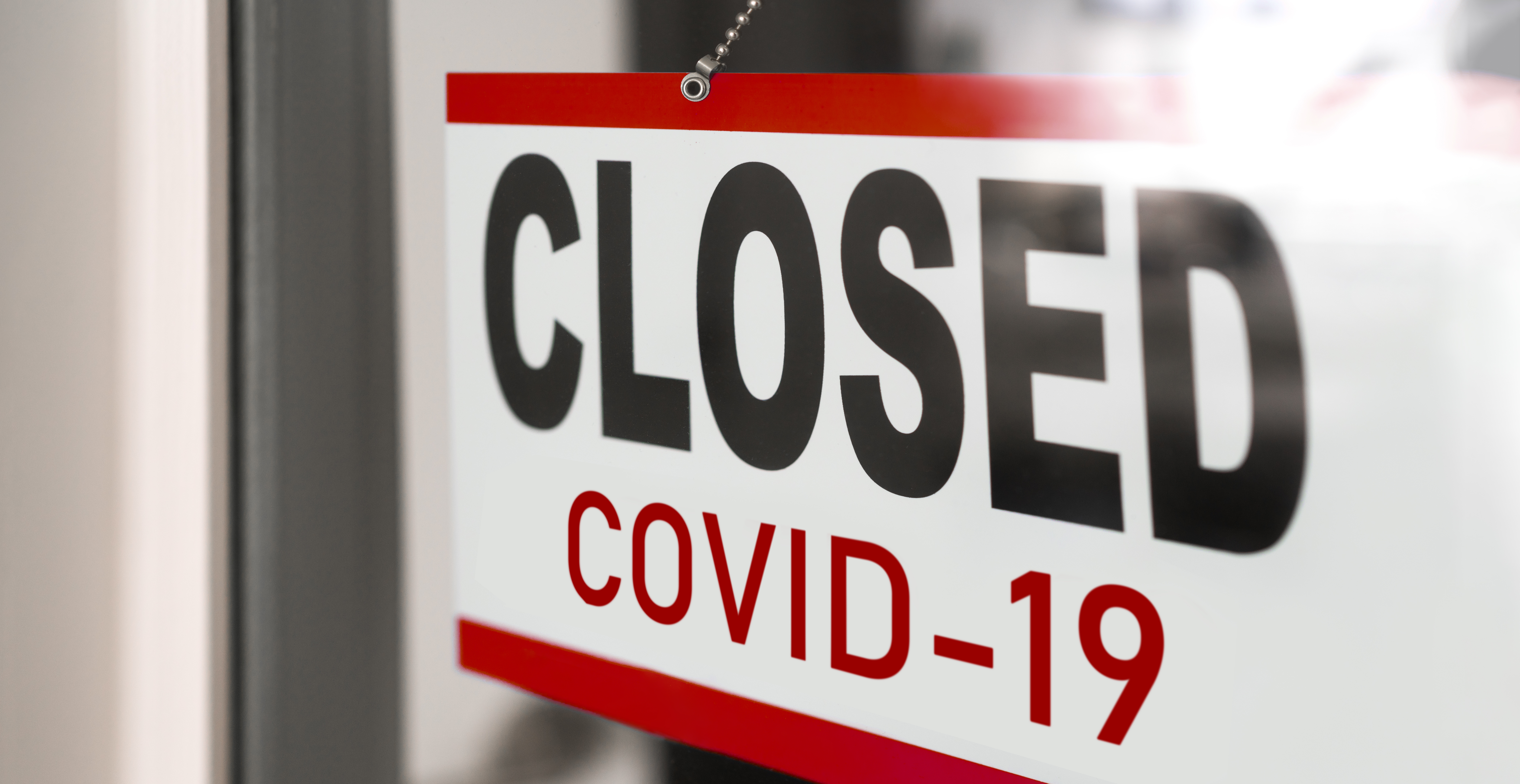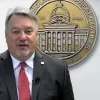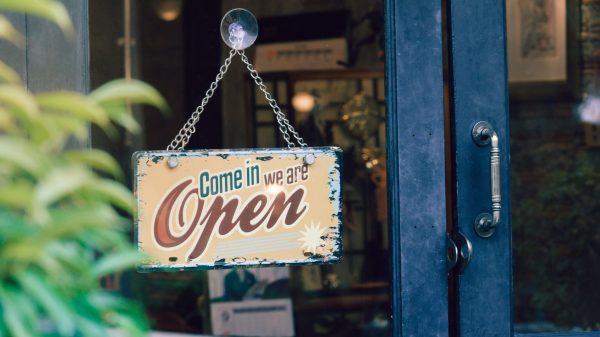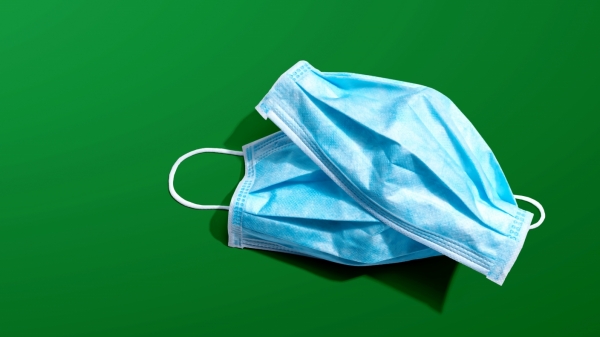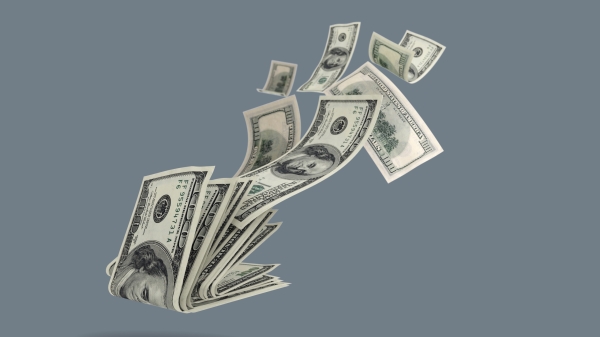A Tennessee-based nonprofit advocacy group for small businesses on Monday asked the federal government to make changes to the Paycheck Protection Program, which provides loans to COVID-19-impacted small businesses.
The National Federation of Independent Business in a letter to the U.S. Small Business Administration and the U.S. Treasury Department on Monday recommended several changes the nonprofit believes would provide “Maximum flexibility for small business owners,” according to a new release.
“The PPP program has been a life-line for many small business owners,” said Karen Harned, Executive Director of NFIB’s Small Business Legal Center, in a statement. “Now more than ever, small businesses need flexibility on how these loans are used, forgiven, and repaid.”
The Small Business Administration is now accepting applications to the PPP program in a second round of payouts. The first round of $349 billion in the Paycheck Protection Program loans ran out in just 13 days.
The SBA will forgive loans if all employees are kept on the payroll for eight weeks and the money is used for payroll, rent, mortgage interest, or utilities, according to the agency.
Visit the SBA’s website to learn more about which businesses qualify for the loans and how to apply.
Among the National Federation of Independent Business’s recommendations are:
- Eliminate the requirement to dedicate at least 75 percent of a PPP loan to payroll costs.
Section 1102 of the CARES Act allows a small business to use a PPP loan for payroll costs, rent or mortgage interest payments, utility payments, and a few other uses. The SBA has no authority to issue the rule requiring the use of 75% of the loan for payroll costs.
- Eliminate the requirement to begin repayment of PPP loan within six months.
NFIB is very concerned that, for many PPP loan borrowers, it is unlikely the business will have recovered sufficiently after six months to continue to pay and employ its workers and begin to pay back any unforgiven portions of the PPP loan. NFIB recommends a one-year deferment following the date of disbursement of the loan.
- Eliminate the requirement to pay back unforgiven amounts of PPP loans in 2 years.
Although the statute would allow a period as long as ten years to pay back the remaining unforgiven portion, the SBA interim final rules give the borrower only two years. NFIB recommends extended the maturity date to five years.
- Eliminate prohibition on applying more than once for a PPP loan.
The SBA Administrator has prohibited any small business from having PPP loans, even if the aggregate of the loans would be within the maximum statutory dollar amount. For many PPP borrowers, the eight-week period will expire before the business is able to reopen. NFIB recommends allowing recipients to apply and obtain more than one loan as long as it doesn’t exceed the maximum allowed.
- Do not apply penalties to small businesses for violations unless willful.
Small businesses, especially with those with 50 or fewer employees, don’t have the lawyers, accountants, or clerks that larger businesses have. Because of that, Congress should provide that no penalty should apply to small businesses for innocent mistakes made by small business owners when applying for PPP loans.
- Eliminate unauthorized extensions of Treasury enforcement requirements.
The SBA lacks the authority to require non-federally regulated financial institutions to comply with the Bank Security Act.
- Make clear the affiliation rules for section 501(c)(3) organizations.
The interim rules do not state clear affiliation rules. NFIB recommends new language to further clarify.
- Make findings necessary under the Administrative Procedure Act.
The SBA should invoke all properly applicable statutory exemptions to allow the interim final rules and the final rules to take effect immediately upon publication.











